
Not everyone who raises the undead in Dungeons & Dragons is evil. Sometimes, you might just want to play as a wizard with a somewhat questionable fascination with death. Some call it the final frontier, so studying death shouldn't be any different than studying the furthest reaches of the astral sea.

Students of the School of Necromancy know that death is not the end, and a walking, talking skeleton isn't something to necessarily be afraid of. After all, skeletons are the perfect minions to either do laundry or murder your enemies. Read on to discover the joys of being a student of the School of Necromancy.
Updated November 2, 2024, by Sean Murray: D&D has evolved into D&D 2024, the new rules providing a new and exciting way to create characters using both the current and previous rule sets. We've updated this guide to make creating your School of Necromancy wizard using the 2024 rules easier and tweaked a few things in the old guide too.
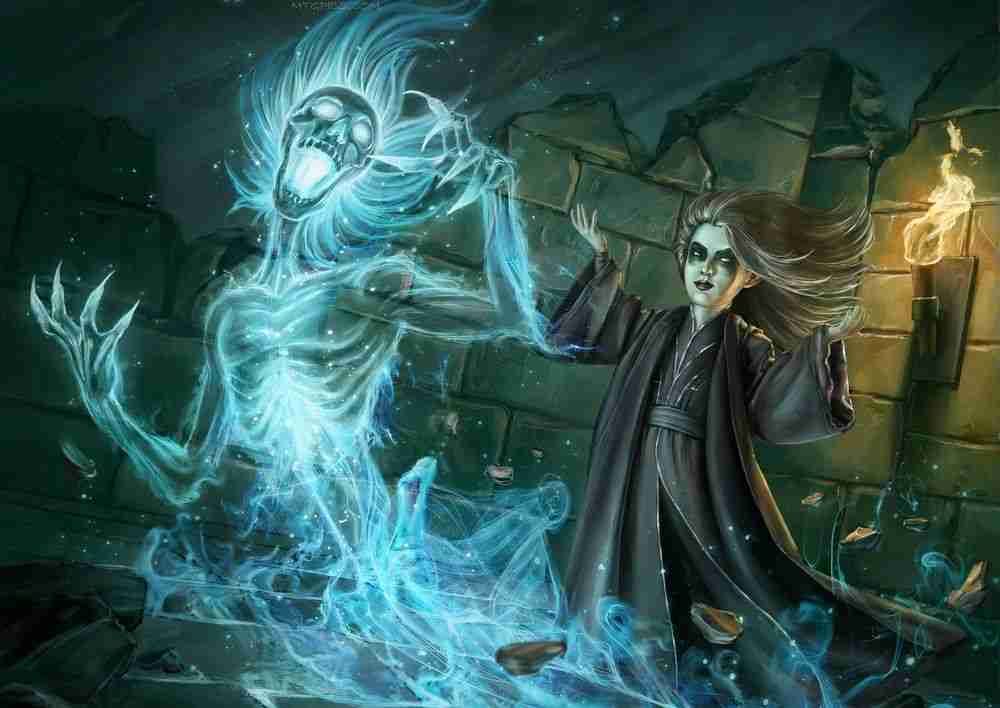
Being a student of the School of Necromancy is a lot like being any other type of wizard. The only difference is you're attuned to necromantic magics and the undead.
At level two, Necromancy Savant makes it easier to copy necromantic spells into your spellbook, and Grim Harvest lets you steal the life force from creatures you kill with spells. This only works if you use a spell of first level or higher, and the amount of hit points you steal is equal to twice the spell level (three times if it's a necromancy spell).
Undead Thralls at level six teaches you the Animate Dead spell if you don't already know it and makes you better at casting it. You get an additional zombie or skeleton, your zombies and skeletons get extra hit points, and they add your proficiency bonus to their damage rolls.
Because you're going to have a lot of undead minions, it's very important for you to understand their capabilities and to have a plan for every combat turn. Otherwise, your party might begin to resent how long you're taking in combat.
Inured to Death at level 10 makes you resistant to necrotic damage and prevents your maximum hit point total from ever being reduced. And at level 14, you Command Undead, allowing you to force any undead creature (even those summoned by other wizards) to make a Charisma save or they fall under your command.
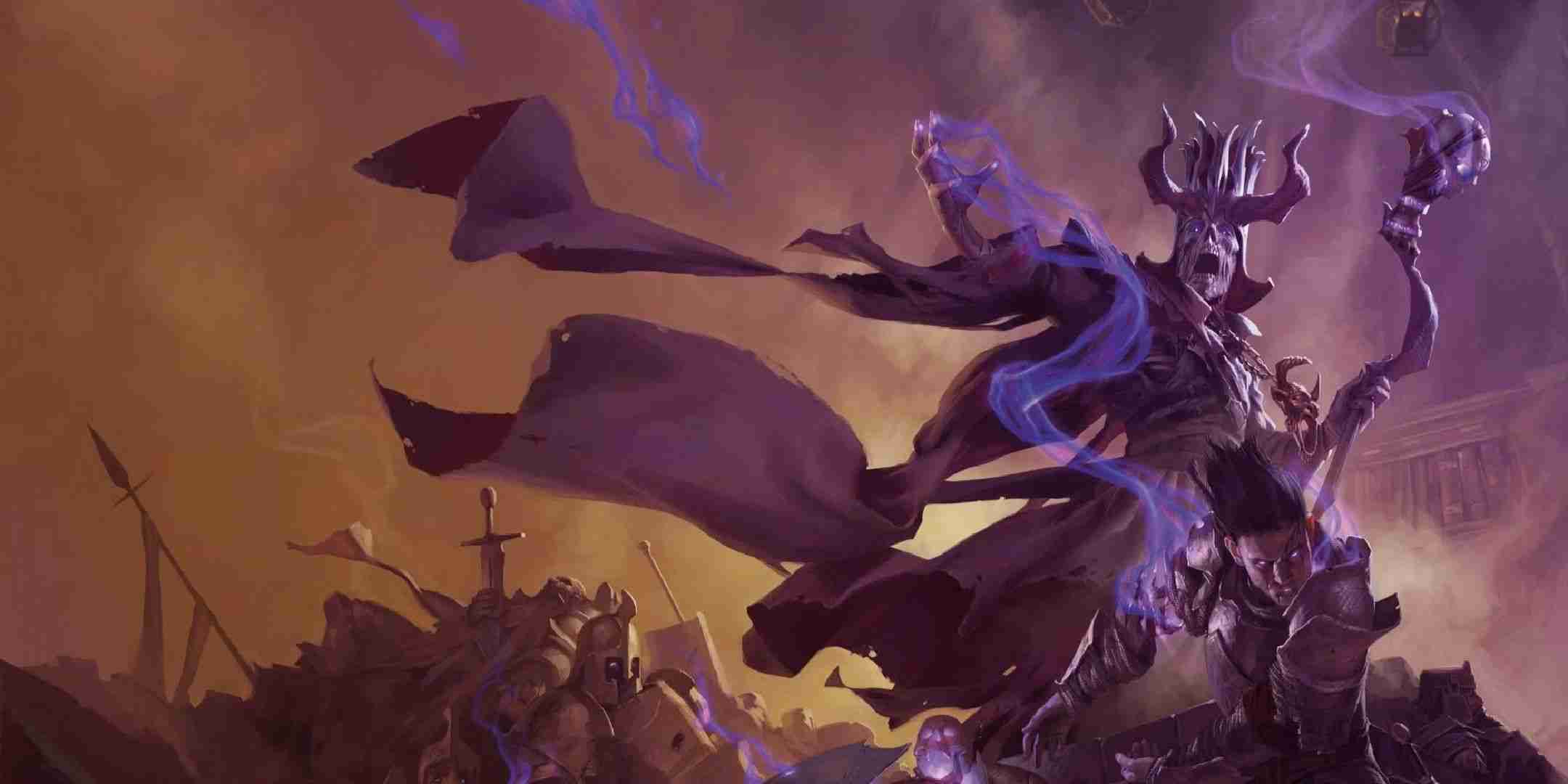
Anyone can decide that the arcane arts are their life's work, so feel free to be any species you like as a School of Necromancy wizard. However, some species offer abilities that complement wizardry quite well. Here are a few suggestions for your character.
These recommended species are based on D&D Fifth Edition rules. For the 2024 rules recommendations, see below.
|
Autognome |
Wizards have trouble getting armor class, so having a base 13 AC is a big deal. Built For Success gives you a d4 to almost every roll you make, and resistance to poison and advantage against being paralyzed and poisoned are good to add to your necromancy resistance. |
|---|---|
|
Dwarf |
Hill dwarf will give you some extra hit points per level, which can really help a wizard's fragility. Mountain dwarf offers medium armor proficiency. |
|
Fairy |
Faerie Fire is a great spell that can really help your skeletons (or zombies) hit what they're aiming at. Flying is also nice, but you could technically already do that through a spell. Still, this saves you the spell slot. Enlarge/Reduce your zombie/skeleton for extra combat efficacy. |
|
Githzerai |
You can generally learn all the spells taught through Githzerai Psionics, but they're still nice to have, and they free up your studies to focus on necromantic things. Mental Discipline and Psychic Resilience help keep your wizard safe from charms, fright, and psychic damage. |
|
Goblin |
Fury of the Small is just too much fun not to include on this list. Darkvision, charm resistance, and being able to disengage or hide as a bonus action are also nice perks. |
|
Hadozee |
Hadozee Dodge is effectively like having more hit points, which is very helpful for all frail wizards--even ones with an army of skeletons at their beck and call. |
|
Human |
You could go standard human to have a lot of stats (could be helpful to keep your Constitution and Dexterity up), but you could also go variant human for a free starting feat. Medium Armor Mastery of Toughness could help here. |
|
Owlin |
Flying, Darkvision, and stealth proficiency are nice to have, but it's hard to make an army of skeletons stealthy. Still, if you leave your army at home and work with more silent necromantic spells, then this is a great option. |
|
Shifter |
Shifters get temporary hit points whenever they go beast mode, and temporary hit points are almost as good as having them permanently. Depending on your chosen form, you could also gain AC, movement speed, or advantage on Wisdom saving throws. |
|
Tortle |
Having 17 armor class is probably better than most wizards will ever get, even with Mage Armor. Being able to hold your breath is also useful since your skeletons don't need to breathe at all, making underwater combat a real possibility. |
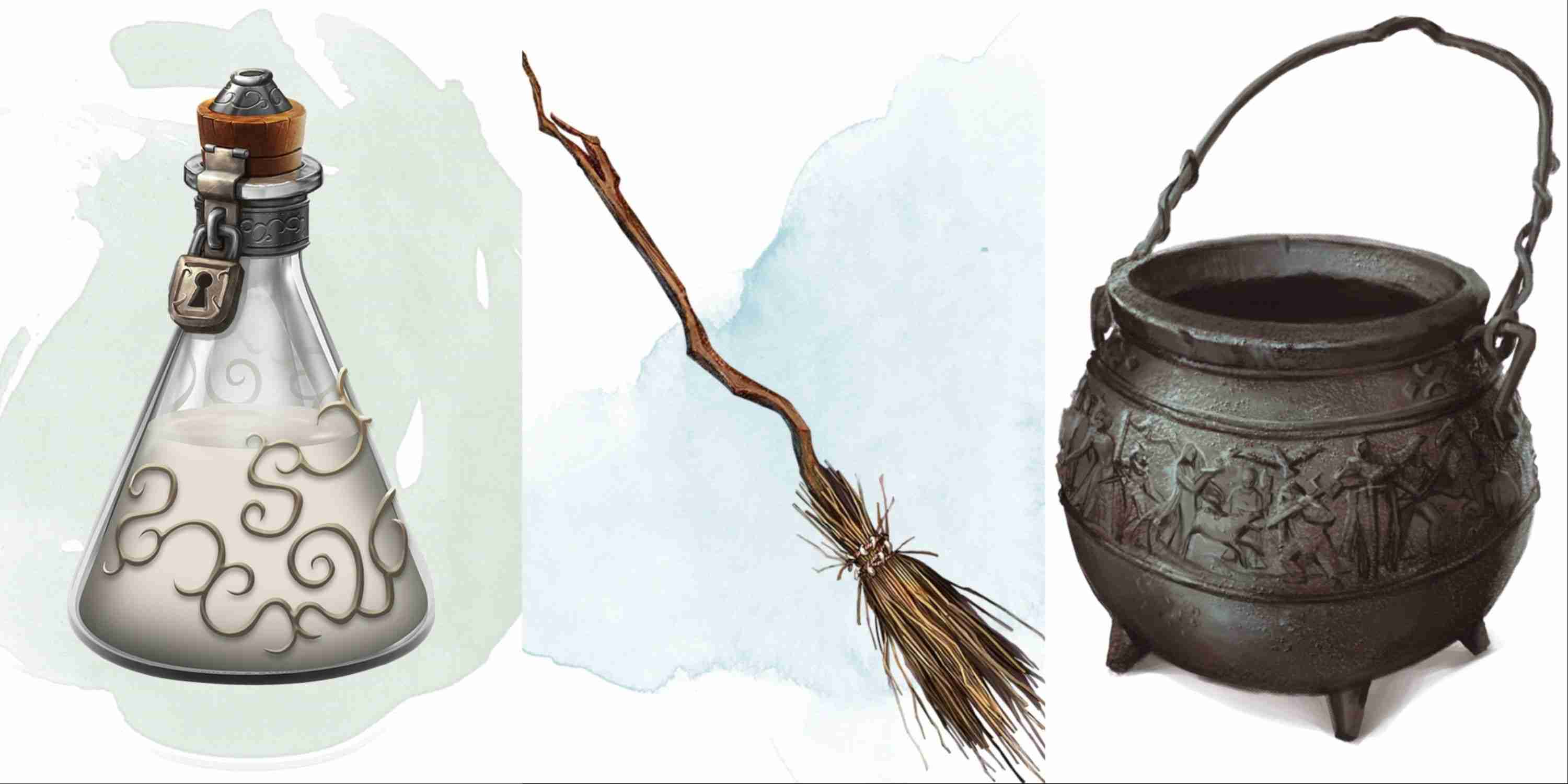
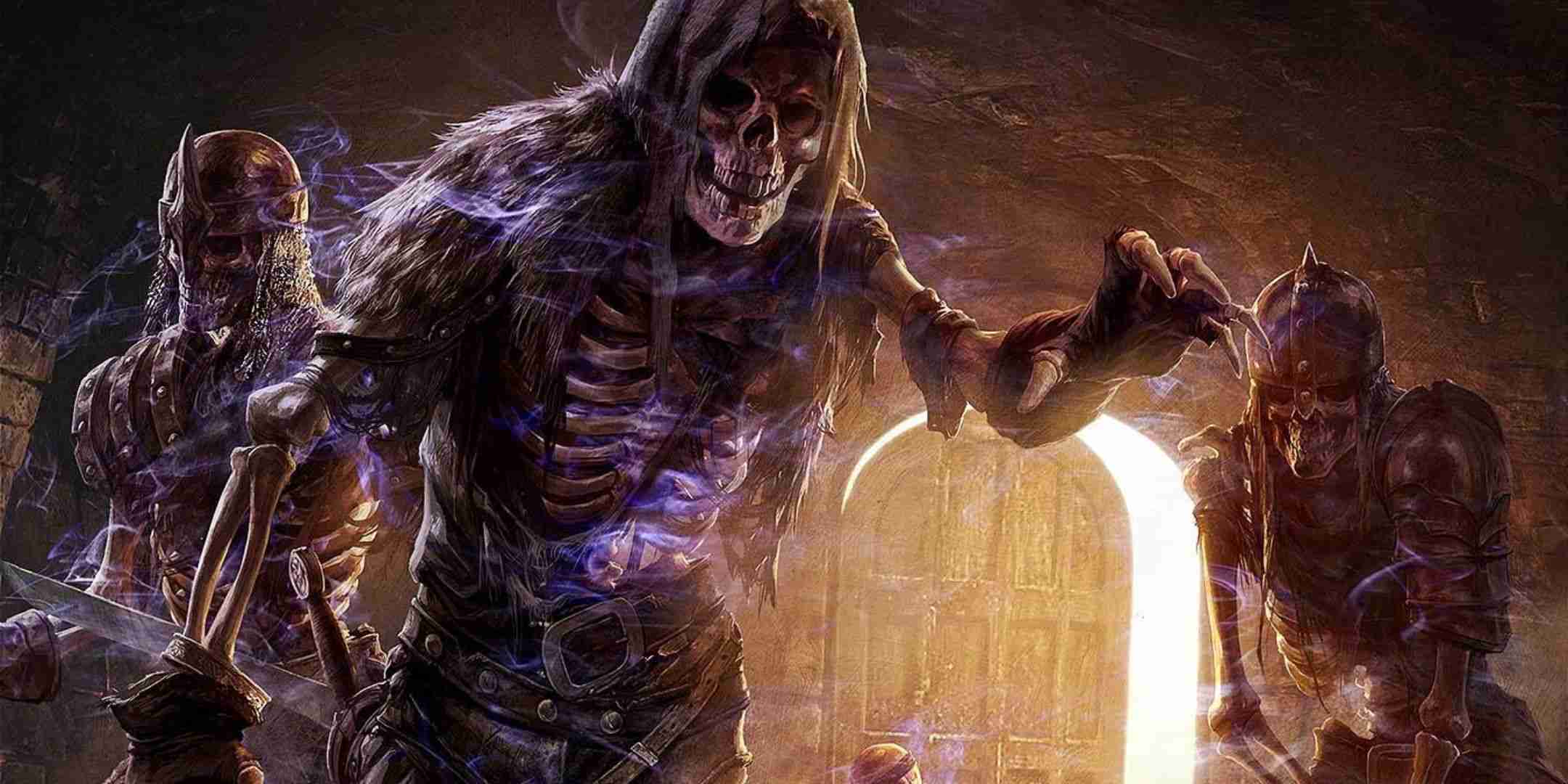
Wizards want Intelligence above all else. This ability score fuels your magic, so the more Intelligence you have, the better your spells will be. Always make sure to maximize this ability score as soon as possible.
Constitution and Dexterity are helpful to keep your School of Necromancy wizard alive, but not as important as intelligence. Try to make these stats as high as you can while still prioritizing Intelligence.
Strength, Wisdom, and Charisma can all be largely ignored, although it can be helpful to have some Wisdom and Charisma for your saving throws.
Here are two good starting ability score spreads using D&D's point buy and standard array systems.
|
Strength |
Dexterity |
Constitution |
Intelligence |
Wisdom |
Charisma |
|
|---|---|---|---|---|---|---|
|
Point Buy |
8 |
14 |
15 |
15 |
10 |
8 |
|
Standard Array |
8 |
13 |
14 |
15 |
12 |
10 |

Wizards don't start with much. A quarterstaff will deal more damage than a dagger, but you're not likely to have much strength to wield it effectively. It's better to focus on your spells for damage.
An arcane focus is way more convenient than a component pouch, so pick that. A scholar's pack and an explorer's pack offer some provisions, but neither will give you everything you need to immediately start adventuring. Pick the scholar's pack for the ink and parchment, but prepare to spend some money on a bedroll.
Your spellbook is your most important possession. Keep it secret. Keep it safe.
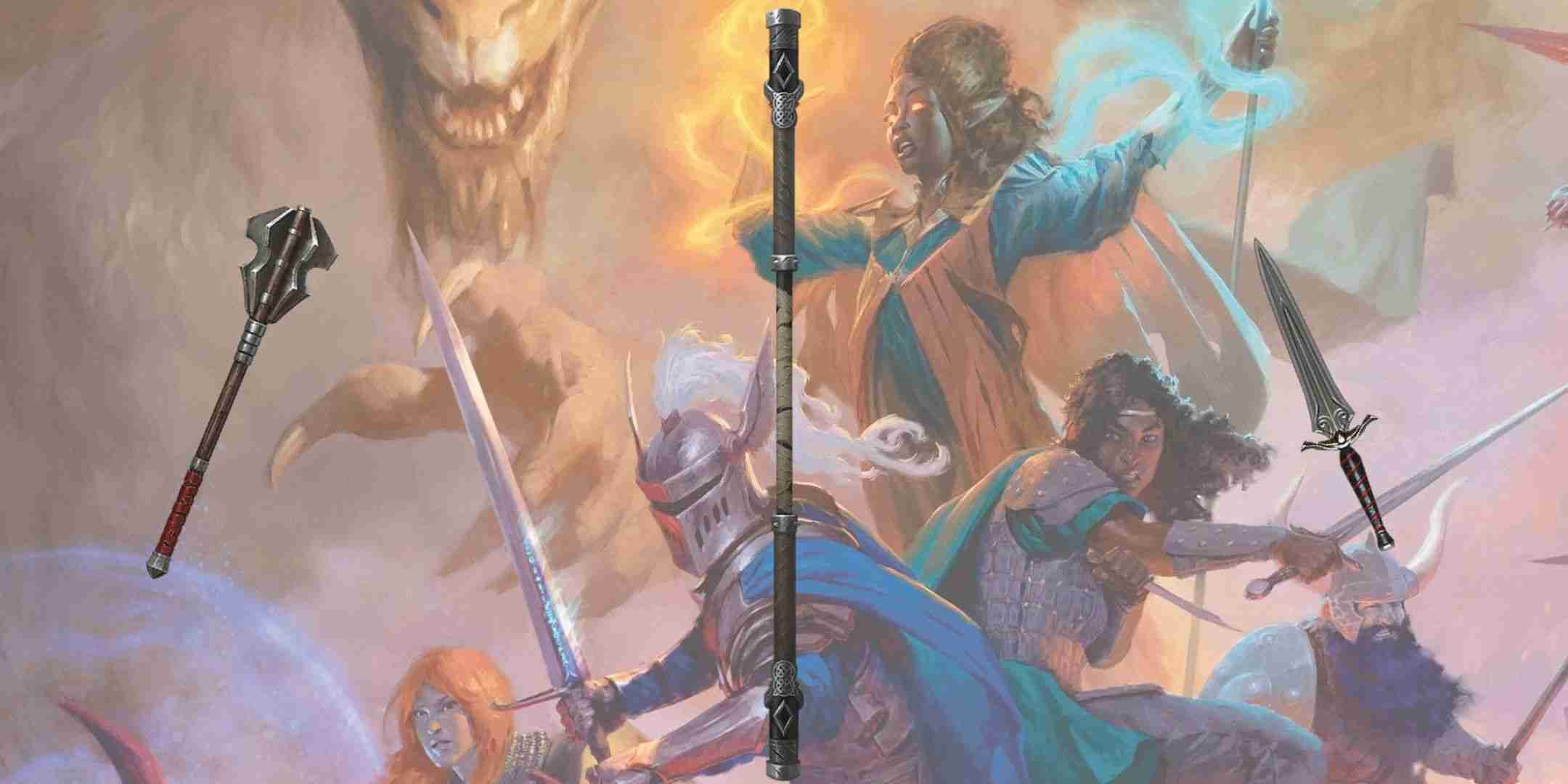
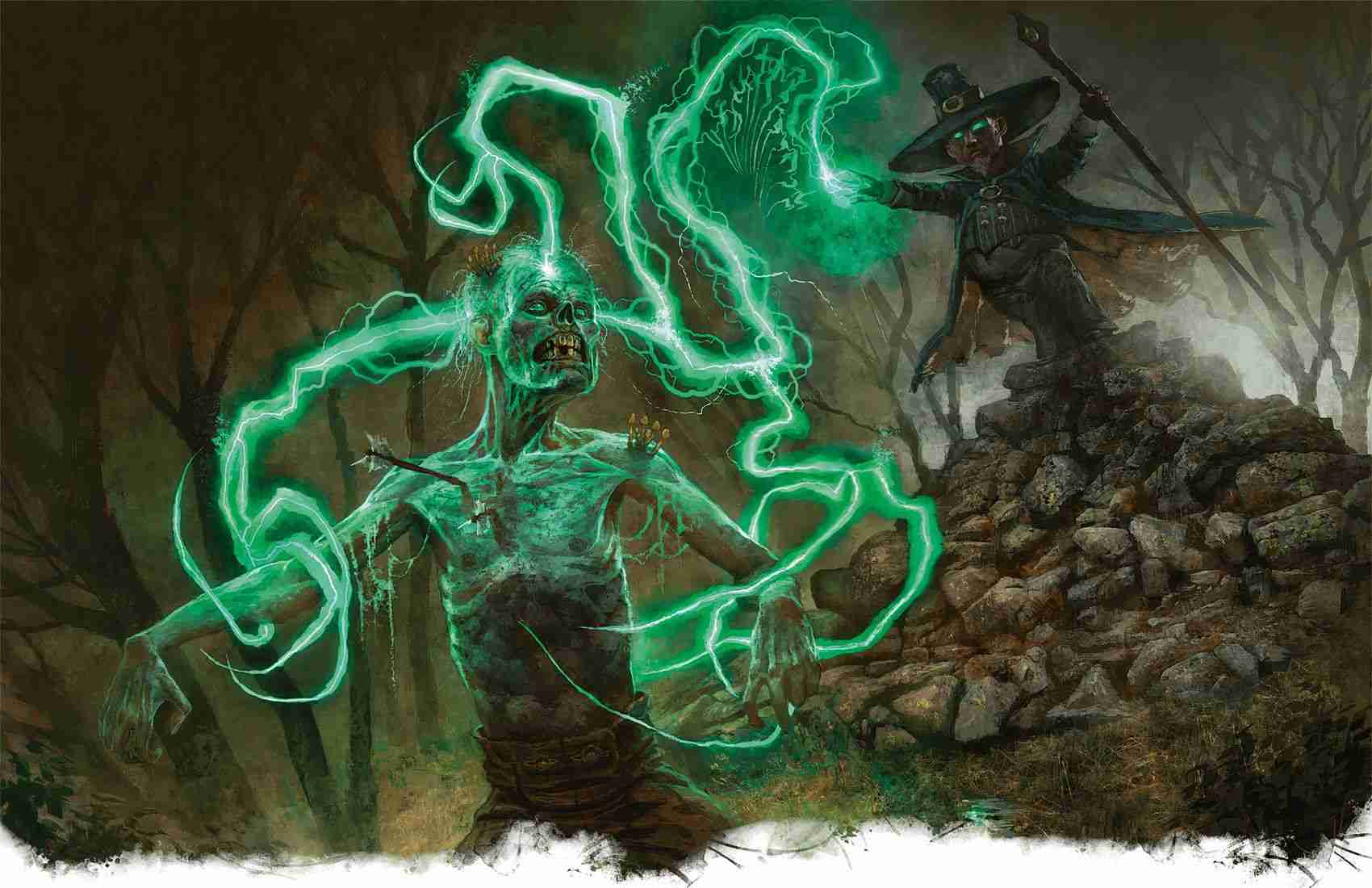
Your spells are your most important resource as a School of Necromancy wizard, and while you'll likely have a lot of them by the time you're well into your campaign, there are some spells that you should prioritize where possible. Here are a few suggested spells.
|
Spell Level |
Spell Name |
|---|---|
|
Cantrip |
|
|
First Level |
|
|
Second Level |
|
|
Third Level |
|
|
Fourth Level |
|
|
Fifth Level |
|
|
Sixth Level |
|
|
Seventh Level |
|
|
Eighth Level |
|
|
Ninth Level |
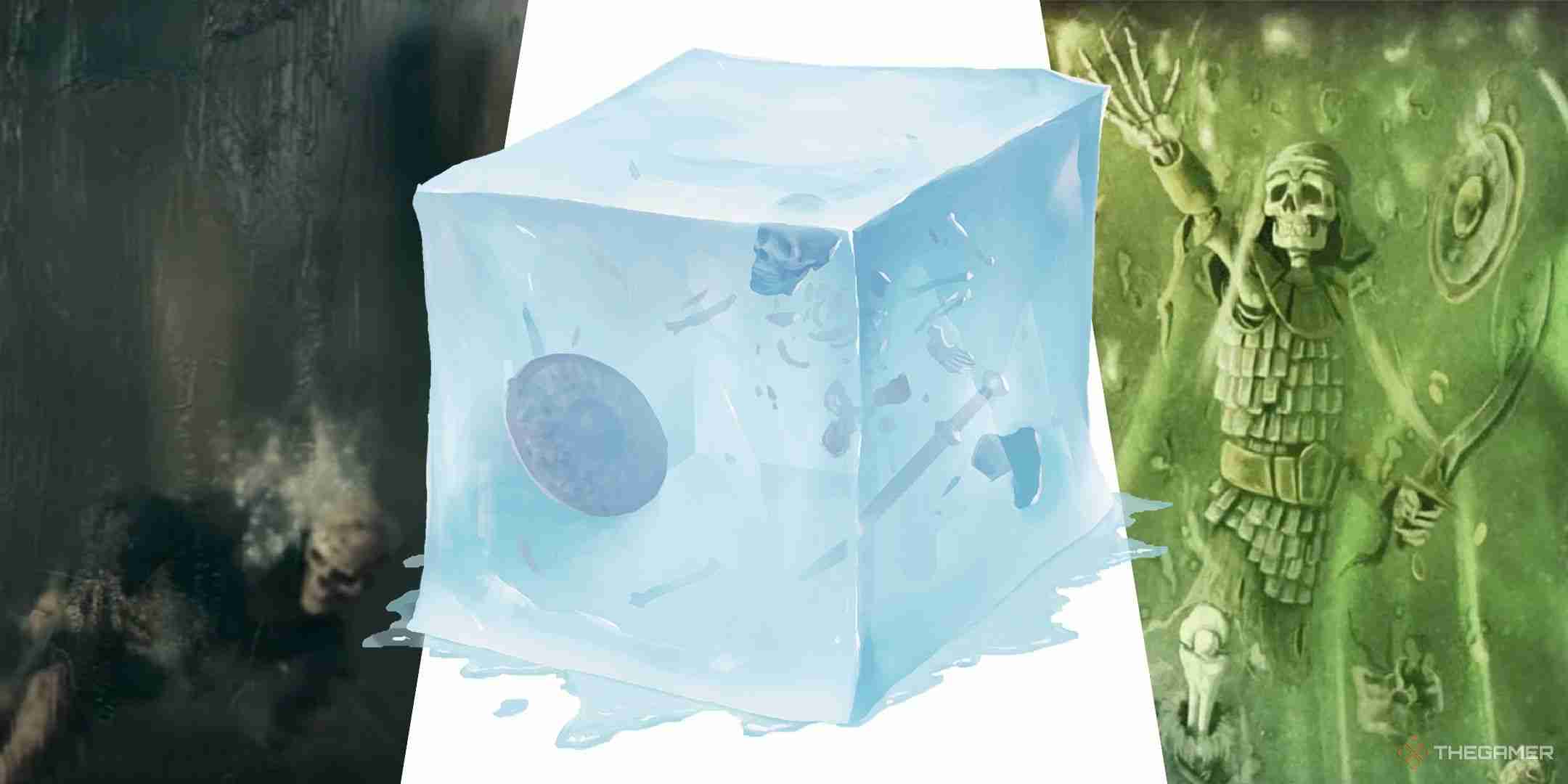
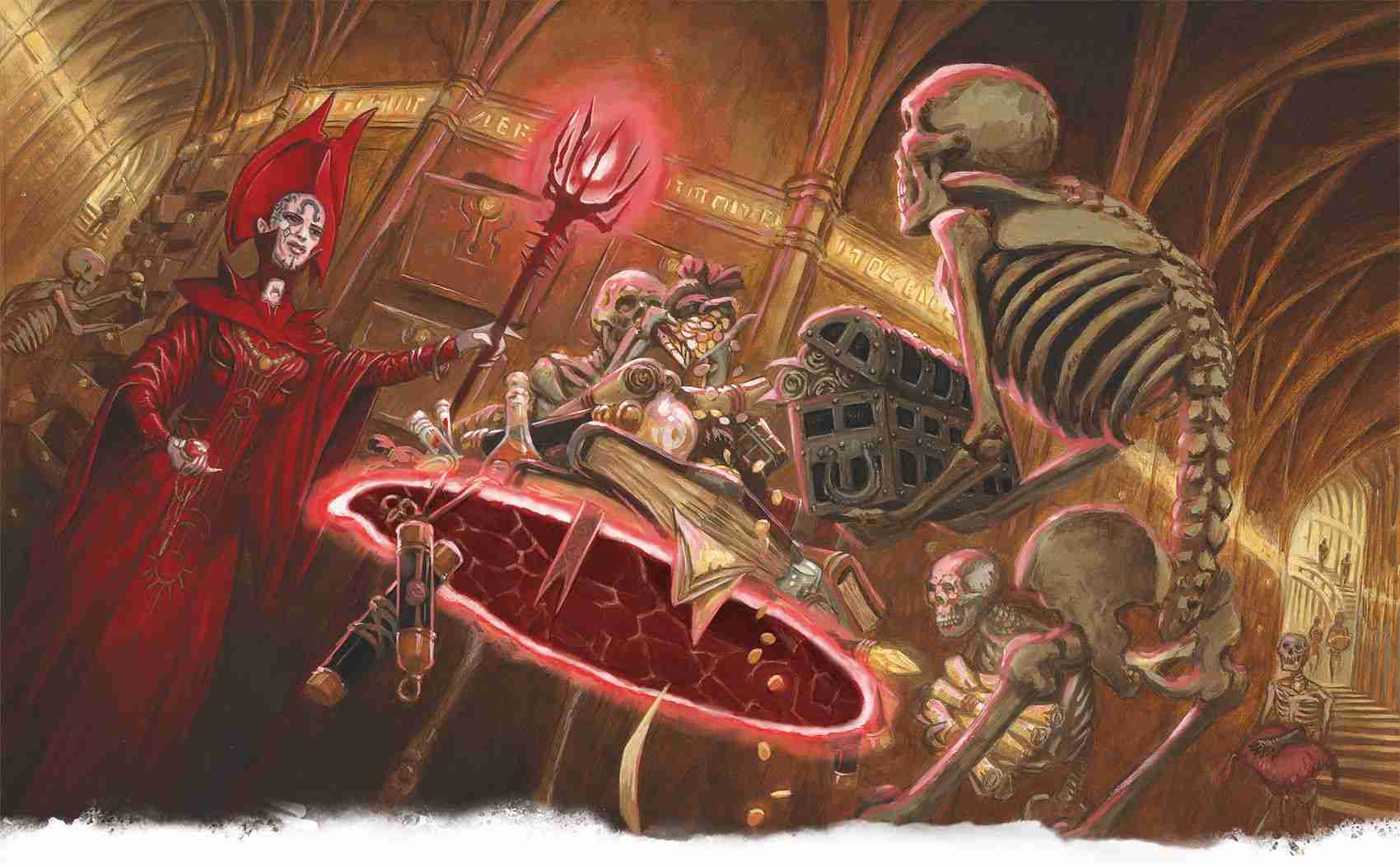
With the 2024 rules comes new character creation options that can slightly alter the way you go about creating a School of Necromancy wizard. We're going to go over the best origin choices to make if you're playing under the 2024 rules update.
By far, the best background to choose as a School of Necromancy wizard—or indeed any wizard—is Sage. As a Sage, you can improve your Intelligence and Constitution scores, gain proficiency in two Intelligence-based skills (Arcana and History), and gain the all-important Magic Initiate origin feat.
If you're unconcerned with the extra spells granted by the Magic Initiate feat, you could go Criminal for the Alert feat while still being able to improve your Intelligence, Constitution, and Dexterity scores, albeit with two Dexterity-based skills. This could be useful if your party doesn't have a rogue.
Merchant is also an option for the Lucky feat, but Animal Handling and Persuasion aren't the most useful skills for a wizard to have, let alone one that lets their skeletons do the talking.
The starting equipment granted by the wizard class is perfectly fine. You'll augment those items with your background, but so long as you've got a staff and a spell book, you're pretty much set.
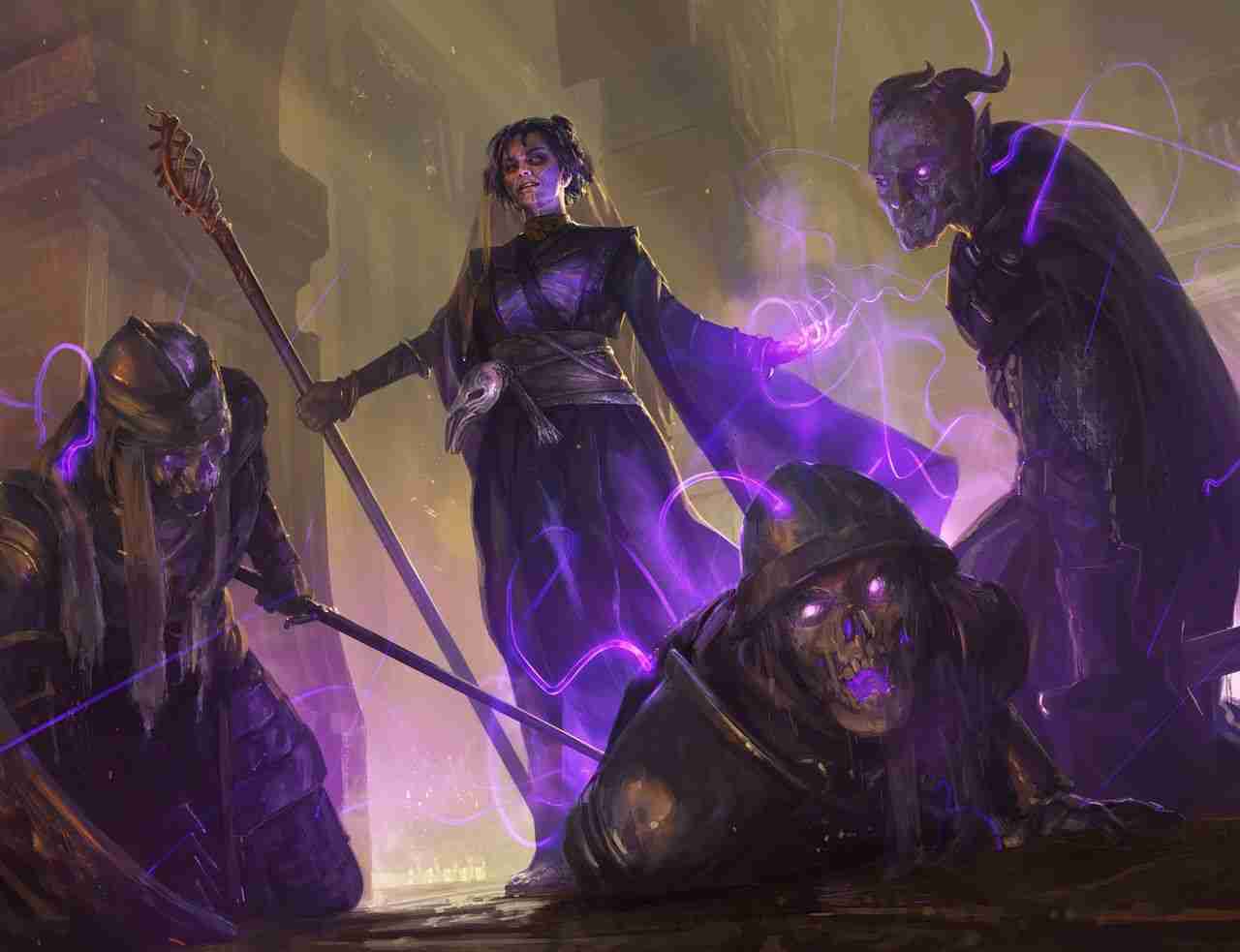
Of the 10 species updated for the 2024 rules, human offers the most. A second origin feat is an incredible boon that could give you a ton of by taking Magic Initiate twice, or you can take the Tough feat for more hit points or the Lucky feat to reroll dice.
And don't forget Heroic Inspiration every time you finish a long rest!
The 2024 dwarf offers significantly improved hit point totals thanks to the Dwarven Toughness trait, which can be extremely helpful for frail wizards. Dwarven Resilience is also very good as poison is a very common damage type.
Finally, high elf offers all the benefits of being an elf with the added bonus of getting Detect Magic, Misty Step, and a free cantrip of your choice.
This remains unchaged from the 2014 rules, so look above for the appropriate scores. It's generally recommended to increase your Intelligence score and Constitution score by at least 1, and perhaps your Dexterity as well for a bit more armor class.
Wizards don't often make the best starting points for multiclassing, and that's especially true of necromancers. Any levels spent in other classes necessarily means your minions won't be as powerful, and very few class abilities will help your undead army.
The only situation where multiclassing might be worth it is if you're required to fill in for a role that's lacking in your party, but even then, choosing a different origin (like the criminal background for thieves tools) is likely to be a better path to expanding your necromancer's toolkit.
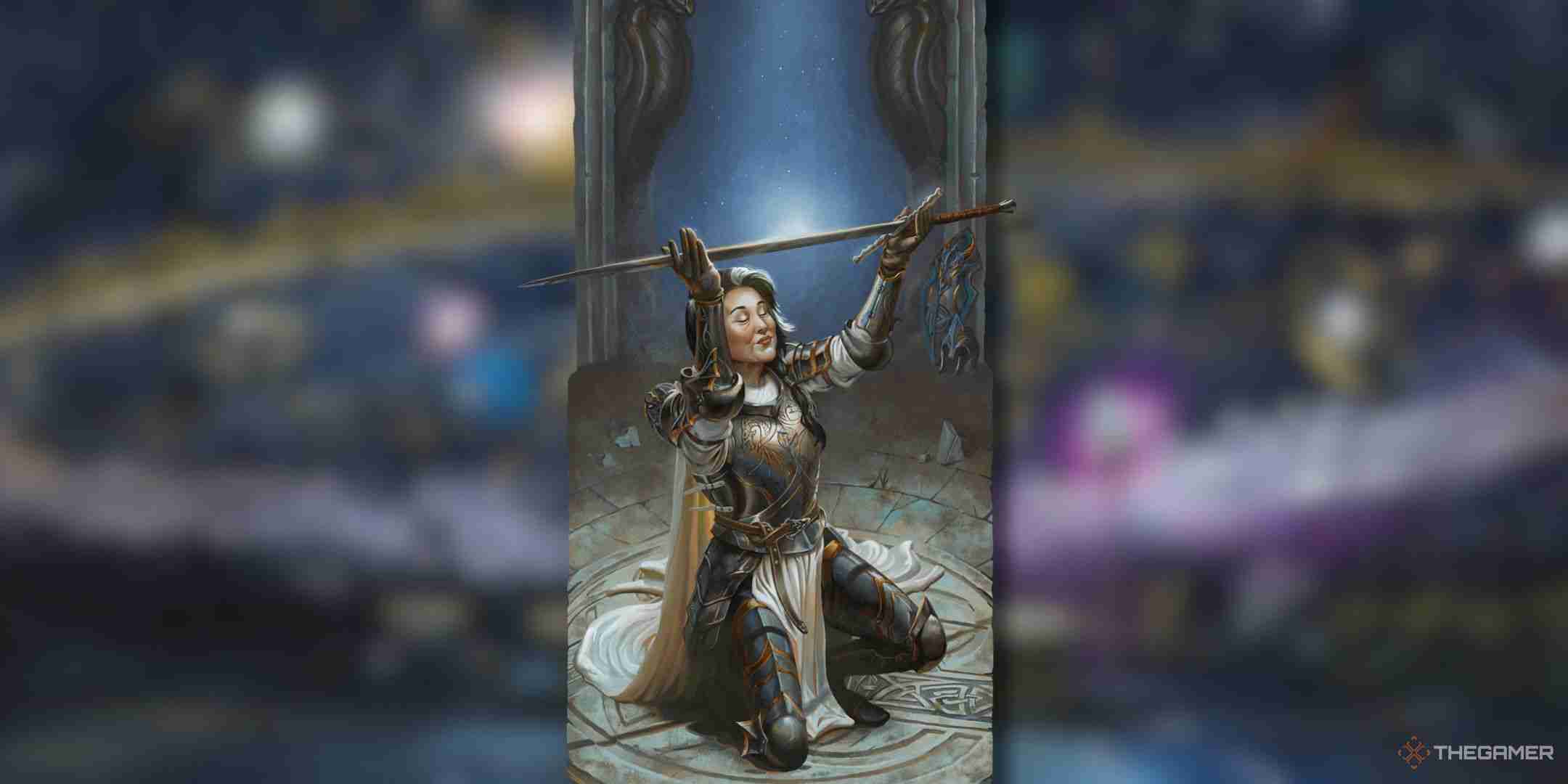
The above is the detailed content of Dungeons & Dragons: How To Build A School Of Necromancy Wizard. For more information, please follow other related articles on the PHP Chinese website!




